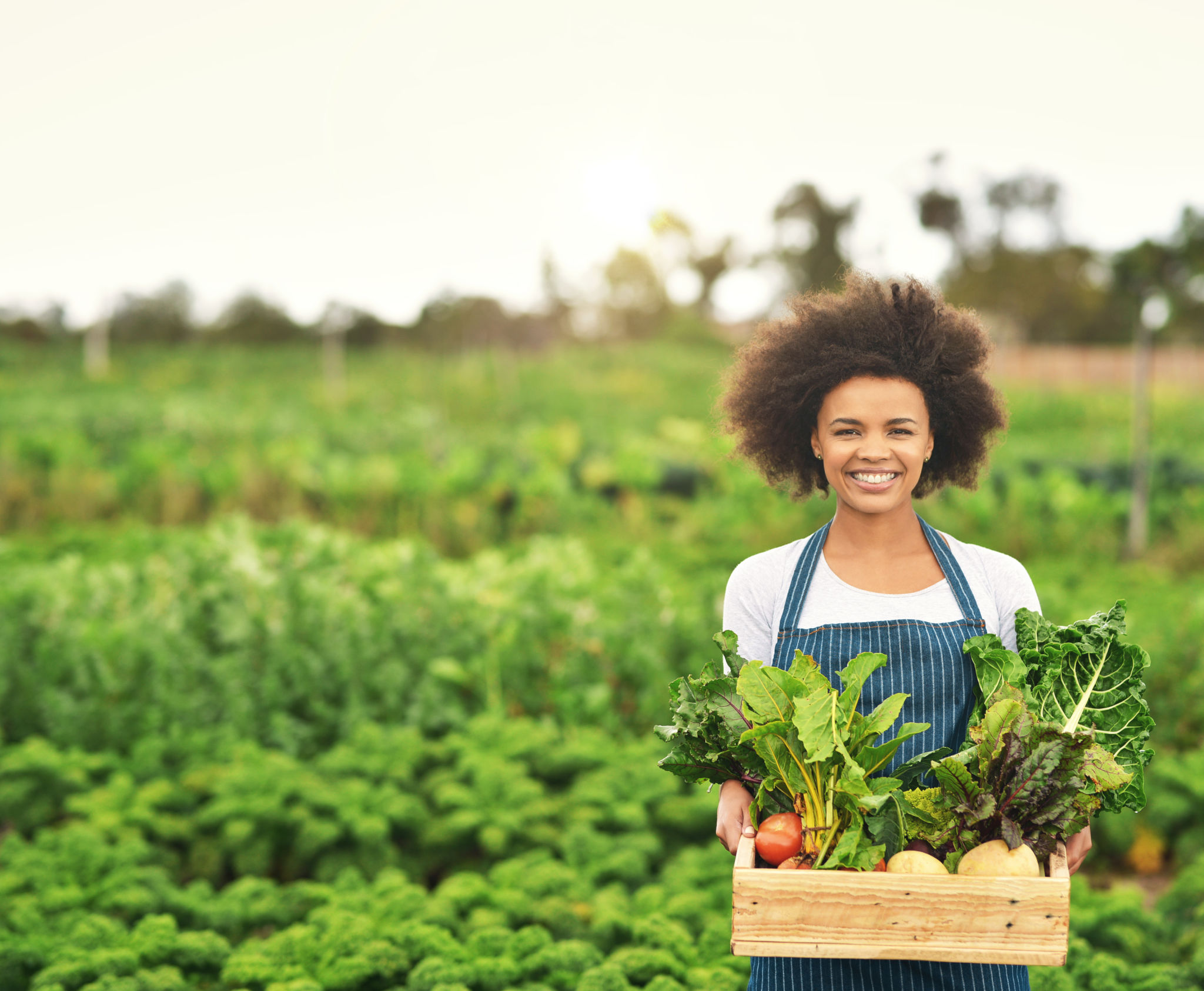Exploring the Unique Agricultural Practices of Lombok
A Glimpse into Lombok's Agricultural Landscape
Nestled in the heart of Indonesia, Lombok is renowned for its stunning landscapes and rich cultural heritage. However, it’s the island’s unique agricultural practices that truly set it apart. The combination of fertile soil, tropical climate, and traditional farming methods makes Lombok a fascinating case study in sustainable agriculture.

The Role of Traditional Farming Techniques
In Lombok, the use of traditional farming techniques is still prevalent. Many local farmers rely on methods passed down through generations. These techniques emphasize the importance of working in harmony with nature. For instance, the practice of crop rotation is commonly used to maintain soil fertility and reduce pest infestations, ensuring a more sustainable harvest.
Another significant technique is the use of natural fertilizers. Farmers often utilize compost made from organic waste, which not only enriches the soil but also helps in waste management. This method reflects the island’s commitment to eco-friendly practices.
Innovative Irrigation Systems
Water management is crucial in Lombok’s agriculture due to its tropical climate. The island features a unique irrigation system known as the subak. This ancient method, shared with neighboring Bali, involves a cooperative water management system that ensures fair distribution across farms. It is a testament to the community’s collaborative spirit and respect for natural resources.

Diverse Crop Cultivation
Lombok’s agricultural diversity is another remarkable feature. The island produces a wide variety of crops, ranging from rice and corn to exotic fruits like mangosteen and rambutan. This diversity not only supports the local economy but also enriches the island’s culinary scene.
Rice remains a staple, with vast paddies stretching across the landscape. The cultivation of rice is a community event, with planting and harvesting often done collectively, reflecting the island’s strong communal ties.
The Rise of Organic Farming
In recent years, there has been a shift towards organic farming in Lombok. Farmers are increasingly adopting organic practices to meet the growing demand for healthier and more sustainable food options. This trend is supported by local initiatives aimed at educating farmers on the benefits of organic agriculture and providing them with the necessary resources.

Challenges and Opportunities
Despite its successes, Lombok’s agriculture faces several challenges. Issues such as climate change, soil erosion, and limited access to modern technology pose significant hurdles. However, these challenges also present opportunities for innovation and growth.
Efforts are being made to introduce modern agricultural technologies, improve infrastructure, and provide training programs for farmers. These initiatives aim to enhance productivity while preserving the island’s traditional practices.
Conclusion
Lombok’s unique agricultural practices are a blend of tradition and innovation. The island’s commitment to sustainable and eco-friendly farming offers valuable lessons for the global agricultural community. As Lombok continues to evolve, its agricultural sector remains a vital part of its cultural and economic identity, promising a bright future for its farmers and their communities.